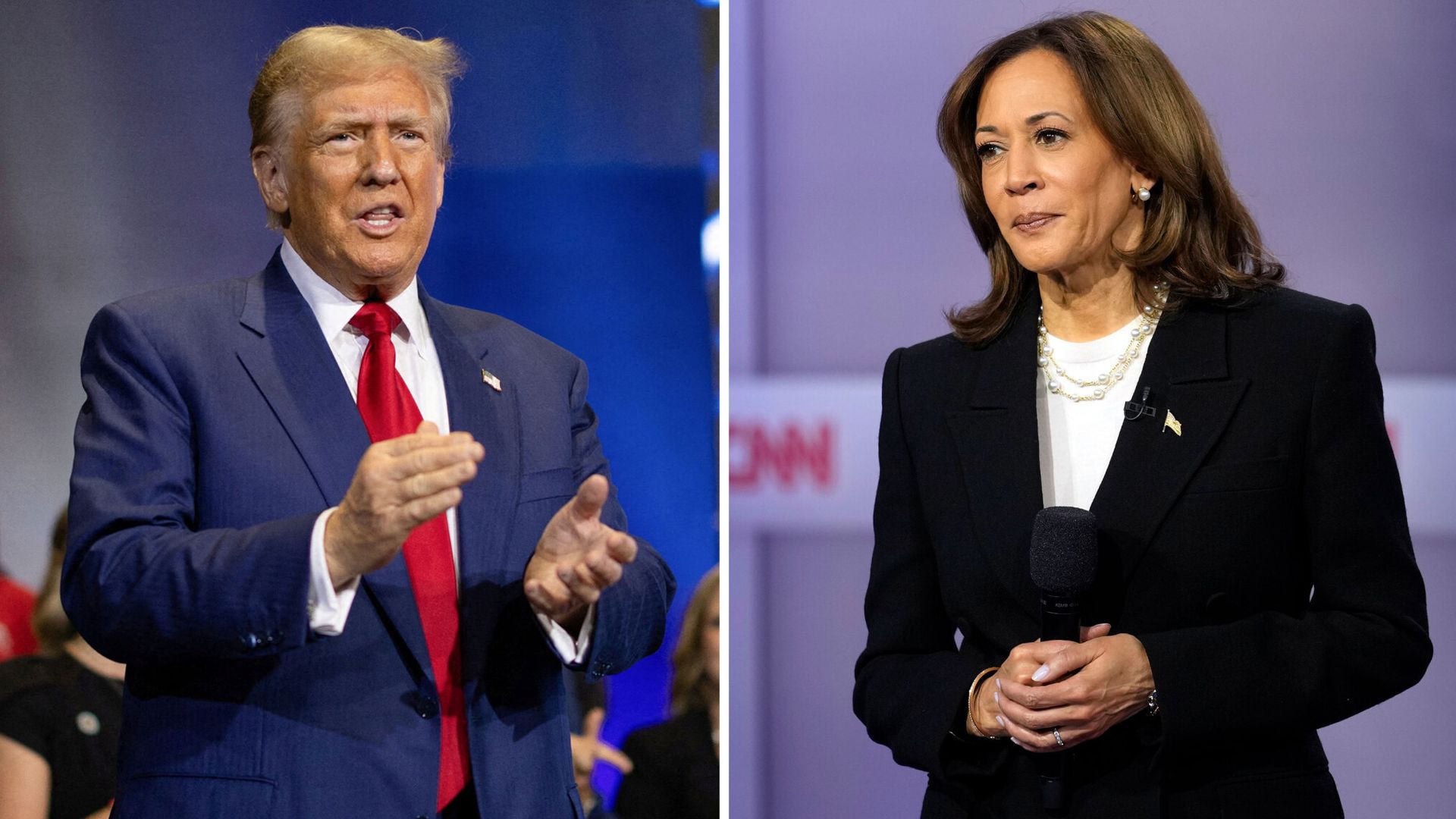
This article appears through a media partnership with Maine Public.
Supporters and opponents of a so-called “voter ID” law were back at the State House on Monday arguing over whether such a requirement would inspire more confidence in elections or undermine voter participation.
Voter ID has become a partisan issue in Maine, which is one of just 13 states that do not require individuals to show some form of identification before entering the ballot box. And with Democrats controlling of both chambers of the Legislature, this latest push for a voter ID requirement in Maine faces an uphill climb.
But Republican Sen. Matt Pouliot of Augusta and other supporters cited national polls suggesting that a strong majority of Americans support showing a photo ID before voting. While Pouliot says he believes Maine is doing a good job of ensuring that elections are “free and fair,” he acknowledged that some people continue to believe fraud is happening within the election system and that “whether we like it or not, perception is reality.” During a roughly three-hour hearing, he and other supporters argued that passing a voter ID law could help address those voters’ concerns about election fraud.
“In the face of such staggering drops in public confidence, why would we not take it upon ourselves to provide confidence in the system?” Pouliot said. “Whether some think voter ID will move the needle or not, we also cannot show that it . . . will not help. If we do not have data showing that requiring ID will actually disenfranchise voters, why then would we not use it to help restore confidence in our system of democracy in more voters again?”
Pouliot’s bill would require the state to issue a photo ID for free to any eligible voter who does not have one.
But his bill was staunchly opposed by Maine Secretary of State Shenna Bellows as well as the ACLU of Maine, Disability Rights Maine, the Maine Women’s Lobby, the Maine Transgender Network, Maine Conservation Voters and the League of Women Voters of Maine. Opponents said that the voter ID laws do have a chilling effect on voter participation, particularly among the elderly, the disabled and in lower-income and minority communities. Some eligible voters, such as the elderly, no longer have an active driver’s license while others could be turned away because the name or gender on their license is different than the way they present themselves at the voting booth.
Bellows, who formerly headed the ACLU of Maine, pointed out that Mainers are already required to show proof of residency at the time of their voter registration and election fraud is a felony in some instances. Additionally, Bellows said there has been no evidence of voter impersonation at the polls in recent decades in Maine.
“We should all be very proud that Maine ranks consistently at the very top of the list in voter participation in the nation,” Bellows said. “Proponents of this bill have argued that we are an outlier and urged us to adopt practices in other states. I would urge caution in adopting any measures that would create barriers to the right to vote and drag Maine’s voter participation and public confidence in elections down to the levels of apathy and voter participation that other states suffer . . . all voters should have the freedom to vote equally and any bills that infringes on that freedom should be regarded with the strictest scrutiny with regards to need and the public’s interest.”
The committee will hold a work session on the bill on a future date.










